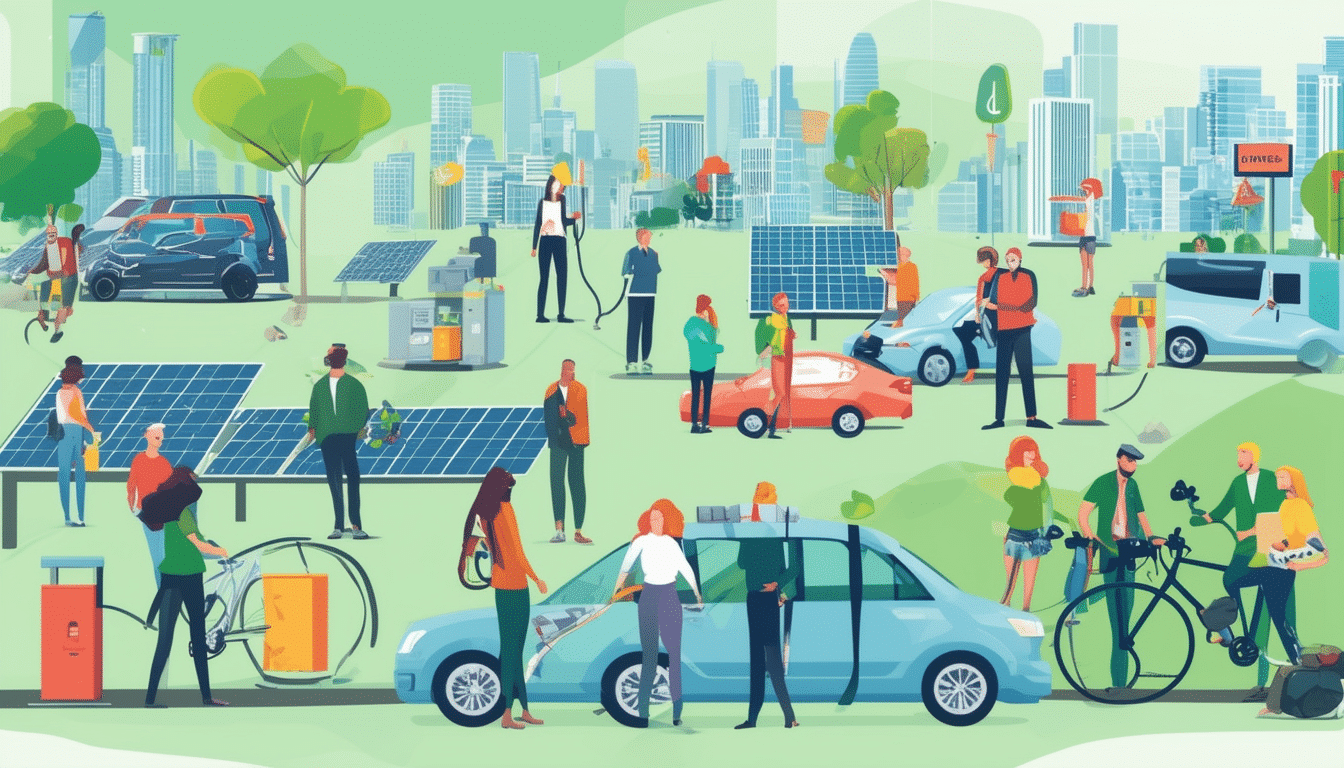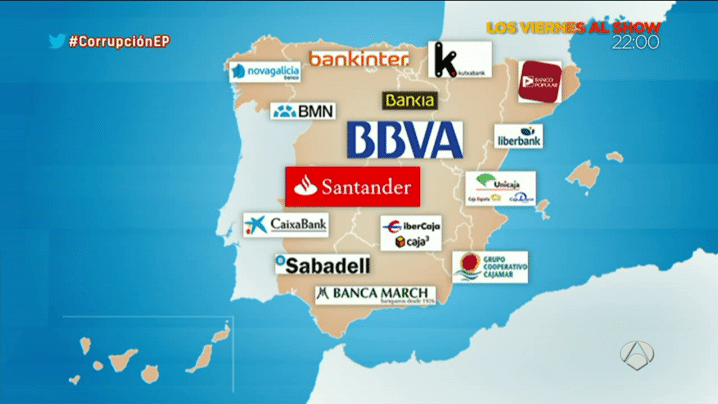The role of the sharing economy in fuel savings

The sharing economy has become a key concept in the search for sustainable and efficient solutions for resource use. Through shared mobility, this economic model allows for the optimization of vehicle usage, thus reducing fuel demand and minimizing the environmental footprint associated with transportation. By sharing cars, tools, and other resources, not only is a more responsible lifestyle promoted, but important economic savings are also generated for consumers. In this context, the sharing economy presents itself as a viable option to face contemporary challenges in the transport system and energy consumption.
The sharing economy is presented as a promising alternative in the fight against energy waste, especially regarding fuel use. Through the creation of platforms that facilitate resource sharing, this economic model seeks not only to meet needs but also to optimize the use of existing resources. This article will explore how the sharing economy contributes to fuel savings, its advantages, and the challenges it faces in its implementation.
Collaborative mobility and its environmental impact
Collaborative mobility is one of the most prominent aspects of the sharing economy. Sharing vehicles helps reduce the number of cars on the road, which has a positive impact on air quality and reducing carbon emissions. By using car-sharing services, individuals can decrease their Carbon Footprint while simultaneously making more efficient use of fuel. This model not only promotes sustainability, but it can also be more economical for users.
Saving through collaborative consumption
One of the most direct benefits of the sharing economy is the savings it provides. Services offered in the field of collaborative consumption, such as shared transport or vehicle rentals between individuals, often have lower prices than traditional alternatives. This translates into a reduction in costs associated with fuel consumption. Through digital platforms, users can find others sharing similar routes, thus optimizing the use of the automobile.
Optimization of existing resources
The sharing economy also allows for resource optimization, especially regarding the assets we own but do not use constantly. For example, by sharing tools or workspaces, the need to acquire new products is reduced, which in turn decreases the demand for energy and resources needed for their production. This approach contributes to energy savings, indirectly impacting fuel consumption.
Challenges of the sharing economy in fuel savings
Despite its multiple benefits, the sharing economy faces challenges that limit its expansion and effectiveness. One of the main obstacles is the lack of regulation in many countries, which can create insecurity both for users and for those offering services. Additionally, the need for a cultural shift towards sharing and collaboration is essential to maximize its potential. However, with the right approach, these barriers can be overcome.
Conclusions on the importance of sharing resources
Promoting the sharing economy not only represents an economic opportunity, but also a responsibility towards the environment. Sharing cars, tools, and spaces results not only in a significant saving, but also contributes to more efficient and sustainable mobility. The adoption of these models will contribute to a future where fuel savings and respect for the environment go hand in hand. For more information on the benefits of car-sharing, you can refer to this article. Likewise, for strategies to help reduce fuel costs, it is recommended to visit this link.
The sharing economy is presented as an innovative solution to face environmental challenges and promote fuel savings. This economic model, based on the exchange and sharing of resources, allows people to optimize their consumption and reduce the demand for products, resulting in lower energy consumption, especially in the area of transportation.
One of the most prominent areas of the sharing economy is shared mobility. Platforms that facilitate carsharing or joint use of vehicles help to decrease the number of cars on the road. This not only reduces fuel expenditure, but also minimizes congestion in cities and reduces environmental pollution. By sharing a car, users not only save money, but also contribute to lowering pollutant emissions.
Moreover, collaborative consumption of resources, such as tools and workspaces, impacts energy savings by promoting the rational use of these goods. Instead of acquiring new products that often require energy for their manufacturing and transportation, consumers can access what they need through rental or exchange services, optimizing the use of existing resources.
Finally, the sharing economy fosters a mindset shift towards a more sustainable lifestyle. By connecting people and promoting networking, a community is created that values the responsible use of resources and focuses on practices that benefit the environment. Thus, this shift not only has an economic impact but also represents a social movement towards sustainability.




